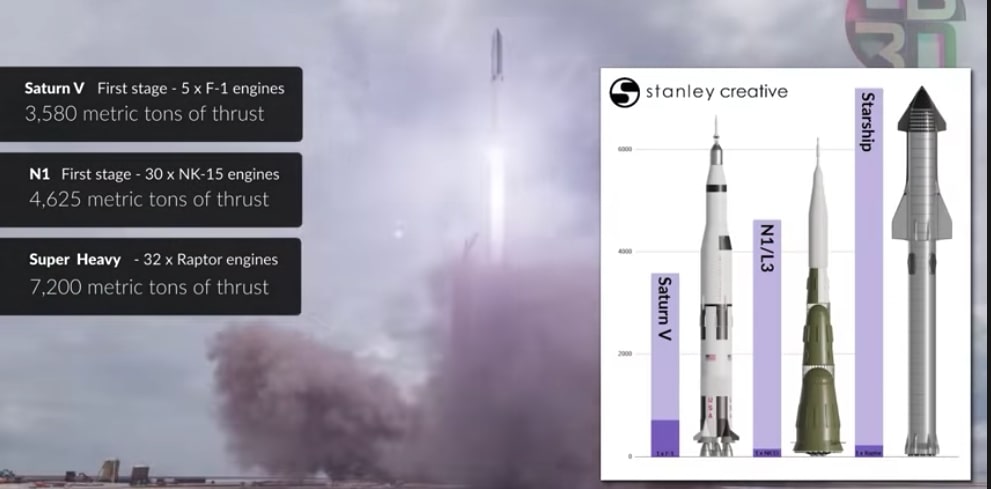Data Loggers & Environmental Monitoring: What to Know

Introduction
Data loggers are devices that provide constant monitoring and data collection. They range from a small device that can be thrown into a shipping box to a sophisticated device attached to a probe to measure high temperatures.
Data loggers track many factors:
- Temperature
- Humidity
- Pressure
- Electric Shock
- Drop & Tilt
- GPS Location
- Other factors
Data loggers communicate the collected information to a central computer system either through hard-wiring, Bluetooth, Wi-Fi, or even cellular technology. The computer organizes the data to provide people with a view of the environment or the materials the devices are monitoring.
In this blog, we’ll talk about environmental monitoring, and why it’s important. We’ll include some examples and ideas for using environmental monitoring data trackers.
What Is Environmental Monitoring?
Environmental monitoring, as its name suggests, is digital monitoring of temperature, humidity, pressure, etc, usually for heavily regulated industries such as pharmaceuticals, clinics, laboratories, and food processing.
Where Is It Needed?
For these heavily regulated businesses, the law often defines where data loggers are needed. For example, in a meat processing plant, environmental data loggers monitor the temperature of storage areas to ensure that the meat is kept at the right temperature. In a laboratory, a data logger might track humidity to measure exactly how much moisture is in a particular formula.
What Are The Benefits of Data Loggers for Environmental Monitoring?
- Increased internal standards
Maintaining high internal standards is about more than simply meeting regulations. Higher internal standards help eliminate quality assurance (QA) headaches. Knowing the precise environmental conditions during any manufacturing or other process will help the QA team understand what dangers might exist and how they can be mitigated.
Because data loggers can record data 24 hours a day, there are fewer surprises in QA caused by temperature, humidity, or any other environmental circumstance.
For example, the delicate electronics in a medical device can be susceptible to high humidity. A humidity monitoring system will allow the QA team to change and maintain humidity at ideal levels at all times.
- Maintain regulatory compliance
Industries such as food, pharmaceutical and healthcare have strict regulatory guidelines they must follow. Data loggers record 24 hours a day allowing for proof of regulatory compliance at all times.
One obvious and high-profile example from the past year has been the manufacture and transport temperatures of vaccines. The CDC provides guidelines for the proper storage temperatures, not only of the COVID-19 vaccines, but for all refrigerated and frozen vaccines. Their two-page pdf on vaccines includes an image of a temperature monitor.
The FDA provides guidance on the process, storage, and even cooking temperatures of foods. To maintain food safety, the FDA regulates temperatures throughout the harvesting, processing, shipping, and storage phases of the food supply chain.
Local health departments have their own additional guidelines based on FDA, CDC, and state health department recommendations and regulations.
Data loggers at every level of these processes, from research to processing to manufacturing to delivery, can provide regulators with the information they need to determine that an organization is compliant and to discover where a problem began if one is reported.
Dickson has a handy guide to how a data logger works that will provide insight into how to use digital data loggers through these processes.
- Ensure customer and patient safety
Of course, regulations exist to keep people safe, but most companies would make the effort even if the laws didn’t exist.
One excellent example from the recent past came from the creation of HACCP (Hazard Analysis and Critical Control Points) standards. Although HACCP is now the norm in food processing, manufacturing, and handling worldwide, those guidelines needed to be created with compliance ensured by all parties in the food growth and transport/storage chain. The National Aeronautics and Space Administration (NASA) became involved because the agency needed to keep Apollo astronauts safe from food poisoning. They partnered with scientists from the Pillsbury Company.
A short time after HACCP was instituted at NASA, Pillsbury had a recall of baby food because of glass contamination. A scientist there recommended that Pillsbury adopt HACCP as a standard, without a law, to keep quality high.
People who get injured or sick from foods, medicines, or devices won’t be customers for long, and lawyers will follow right behind a problem. Safety is more than just the law; it’s good business and public relations.
- Reduce administrative burdens
Data loggers have replaced human monitoring in many places. In facilities where someone had to manually take temperatures, humidity, and other reading in factories, warehouses, laboratories, and other spaces, data loggers can provide that information automatically and digitally.
Dataloggers automatically generate reports needed by regulatory authorities. Thus the time needed to meet regulatory reporting requirements can be virtually eliminated.
- Accreditations in new markets
When a manufacturer seeks to win a new customer or a pharmaceutical company wants permission to manufacture a new drug, a data logger can be vital. The new customer or regulatory agency might want to learn what the temperatures, the humidity, the amount of light, or any of a dozen other factors are in the facilities where their product might be made or stored..
In the logistics industry, this can mean the difference between winning and losing a new contract. For example, a beverage manufacturer might need trucks that maintain an even, refrigerated temperature. A shipping company that can prove that all their refrigerated trucks maintain that temperature all the time has a leg up over the competition.
Opening new markets is always easier with data. Data loggers provide that data easily and quickly.
- Eliminate asset loss
Billions of dollars are lost every year to inadequate temperature and humidity conditions destroying foods or even electronics.
Food must be held at specific temperatures to prevent spoilage or getting freezing. Some items must be kept frozen, such as fish and meats. Others, like lettuce, need to be held near, but not below, freezing. Others, like bananas, must be held at cooler temperatures, but nothing approximating cold. Baked goods should be kept cool or frozen. Importantly, many baked goods exposed to high humidity will mold faster.
Most people don’t realize that electronics also need monitoring. If humidity is too high near a computer, it can cause condensation and electrical shorts. If humidity is too low, it can cause a buildup of static electricity that can fry computers. Computers that get too warm don’t run efficiently. Server rooms often have data loggers and cooling units to prevent overheating. At the opposite end of the environment conditions, tf electronics freeze, the plastics and silicon can become brittle.
Monitoring the Environment
In short, there are thousands of products that need to be maintained at certain temperatures, humidity, pressures, and other factors to prevent loss, meet regulatory standards, and ensure user safety.
Data loggers do this monitoring automatically and provide an alarm system for any unacceptable variances.




